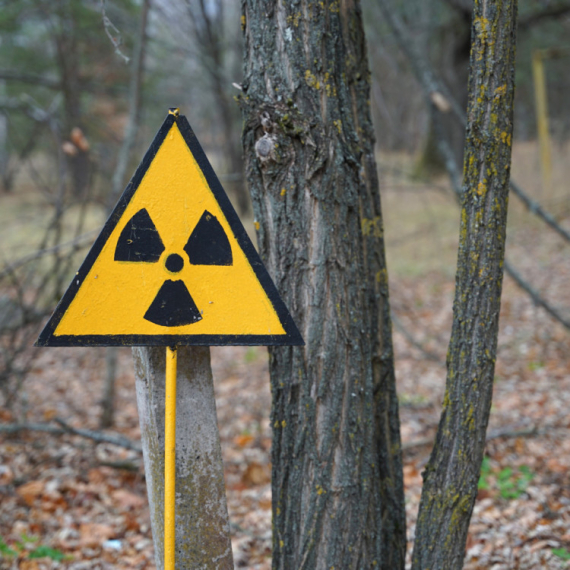Poor crop harvest recorded in Serbia
Even though a crop yield was predicted to be low in May, the harvest turned out even worse than expected.
Monday, 24.09.2007.
14:16

Even though a crop yield was predicted to be low in May, the harvest turned out even worse than expected. The situation is further aggravated by the government’s ban on exports, effective since August 3, that has reduced the buying price of crops. Poor crop harvest recorded in Serbia Farmers from Sumadija in central Serbia say that the corn yield has dropped forty percent. In southern Serbia the situation seems to be even worse. Owing to the extremely high temperatures recorded this summer, there are fields with almost no cobs. Paja Skenderovic, a Subotica farmer, says the drought has caused huge losses to his work. “Last year, 10 tons of corn per hectare was the average, and now the average has plummeted to a mere 300 kilograms,” he said. Moreover, the government’s ban on wheat exports has caused a drop in the buying price of corn, which is now RSD 16 per kilo, while in neighboring Hungary the price is RSD 23. Miroslav Ivetic, the president of the Agriculturists’ Association of Subotica says the situation is not fair. “Producers can procure raw materials at shamefully low prices. The ban itself is of benefit only to foodstuff producers and not to us,” he said. “The ban involves only grain export, while all processed materials are eligible for export. It means the ban is beneficial only to foodstuff producers, as it is a fact that farmers lack the means to process their products,” added Ivetic. Agro-economists in Serbia agree that the ban denies farmers fair access to the market. What they are demanding from the state is a declaration of a state of agricultural catastrophe and exemption from having to pay duties.
Poor crop harvest recorded in Serbia
Farmers from Šumadija in central Serbia say that the corn yield has dropped forty percent. In southern Serbia the situation seems to be even worse.Owing to the extremely high temperatures recorded this summer, there are fields with almost no cobs.
Paja Skenderović, a Subotica farmer, says the drought has caused huge losses to his work.
“Last year, 10 tons of corn per hectare was the average, and now the average has plummeted to a mere 300 kilograms,” he said.
Moreover, the government’s ban on wheat exports has caused a drop in the buying price of corn, which is now RSD 16 per kilo, while in neighboring Hungary the price is RSD 23.
Miroslav Ivetić, the president of the Agriculturists’ Association of Subotica says the situation is not fair.
“Producers can procure raw materials at shamefully low prices. The ban itself is of benefit only to foodstuff producers and not to us,” he said.
“The ban involves only grain export, while all processed materials are eligible for export. It means the ban is beneficial only to foodstuff producers, as it is a fact that farmers lack the means to process their products,” added Ivetić.
Agro-economists in Serbia agree that the ban denies farmers fair access to the market. What they are demanding from the state is a declaration of a state of agricultural catastrophe and exemption from having to pay duties.




























Komentari 0